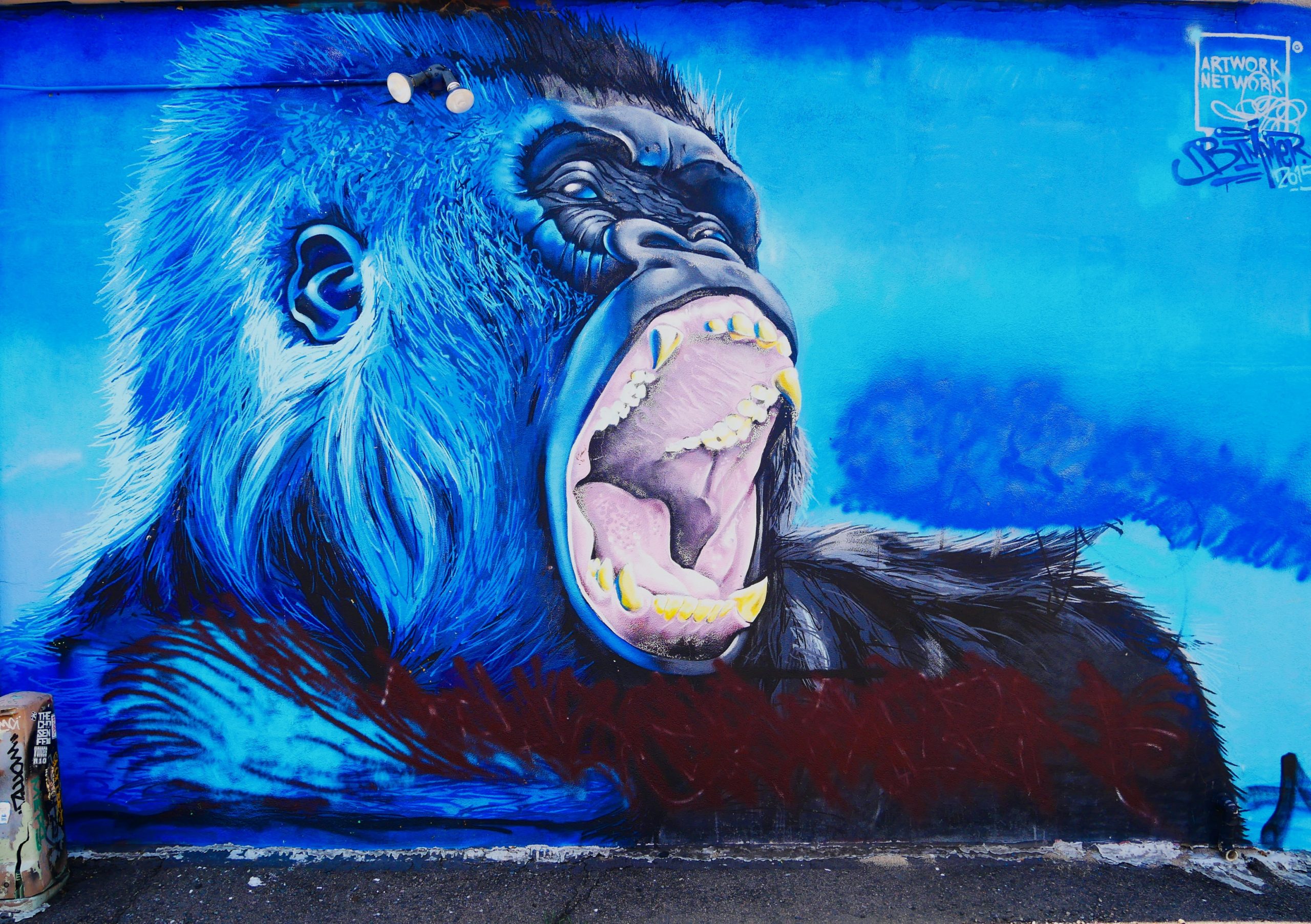The 1933 movie King Kong involves a 50-foot-tall gorilla kidnapped from a remote island and brought to New York City. Spoiler alert: King Kong’s visit to Manhattan ends badly.
But the real catastrophe was behind the scenes at RKO Pictures, the studio that made the film.
Broadcasters ran RKO. RCA, the parent company of NBC, bought a theatre chain for showing movies and bought studios for making movies but did not seem to care about making good movies. RCA just wanted to market a theatre sound system, and RKO was a tool for that.
As the Great Depression hit, RKO was near bankruptcy. RCA began thinking maybe they should put some effort into making better pictures, and they hired whiz producer David O. Selznick.
As studio head, Selznick stopped spending on theatres, and he closed studios. He spent instead on content, hiring stars like Katherine Hepburn and director George Cukor. Selznick combined the budget of two movies into one risky stop-action animation project called King Kong.
Back then, movies were shot in about a week. Filming one scenewhere King Kong fights a pterodactyl took seven weeks. The RCA bosses made some “WTF” calls to Selznick about that.
Rival studio MGM heard about King Kong and tried to buy it. Despite being desperate and broke, RKO said no. That caused the RCA bosses to begin screaming into the telephone at Selznick.
But not to worry — In its first release, King Kong made 5 million dollars – a blockbuster for 1933. In just a couple of weeks, revenue from King Kong saved RKO Pictures from bankruptcy.
Despite that success, meddling from RCA drove Selznick to leave RKO and produce mega-hit Gone With The Wind in 1939. Meanwhile, RKO Pictures never found success like King Kong again.
To this day, King Kong is producing big revenue through subsequent screenings, sequels, television rights, popular theme park rides, and Kong merchandise. In fact, just this week, the new release Godzilla vs. Kong set a pandemic-era box office record.
But whatever happened to those platforms that seemed so important in 1933?
- RKO Pictures — gone.
- The RKO theatre chain — gone.
- The NBC Radio Group — gone.
- The RKO movie studio — now Paramount.
- RCA is now a brand name for cheap electronics.
Reading the King Kong story recently made me think of present-day broadcasting’s continuing tendency to spend on platforms but not content.
- The TV station near my home in Portland recently furloughed staff — but kept a parking lot full of sparkling, station-logoed vehicles that mostly sit idle.
- Streaming TV platforms that debut with splashy marketing — and weak programming that cannot compete with Netflix and Disney+.
- The debt-laden radio company that reduces headcount every quarter – but leases the most expensive per-square-foot office space in every market.
- Podcast platforms bought up by broadcasters – then starved with no money to develop compelling shows.
Shakespeare wrote, “All the world’s a stage,” but without compelling players and story to attract audiences, what good is that stage?

